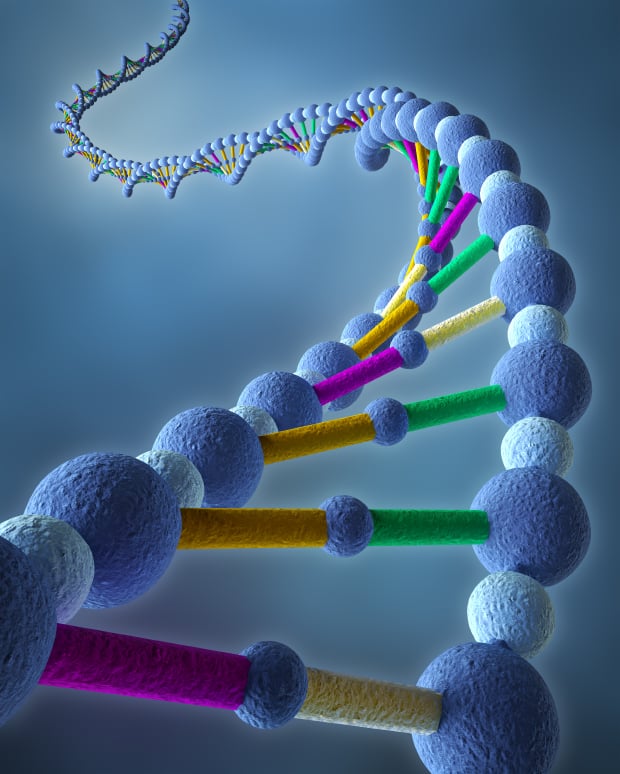A primary care provider is a family physician, internist, or nurse practitioner who coordinates all of the health care a patient receives. The holistic primary care model offers not only traditional primary care but also incorporates the best of complementary and alternative healing therapies from around the world to help you achieve optimum wellness, not just freedom from disease.
Our holistic primary care providers will be your partner and guide in helping you achieve your health goals.
Top 5 Reasons for Integrative Medicine
1. We treat the whole person
The mind, body and spirit all contribute to your health status and wellness. An integrative MD or Nurse Practitioner will develop a treatment plan that addresses your medical needs as well as your emotional and nutritional well-being. Stress management, diet, and lifestyle factors all play a role in your overall health.
2. Integrative medicine and Functional Medicine treat the cause of imbalance, not just the symptoms
.png?width=305&height=132&name=NIHAlogoBLUE_3_transparent%20(2).png)




